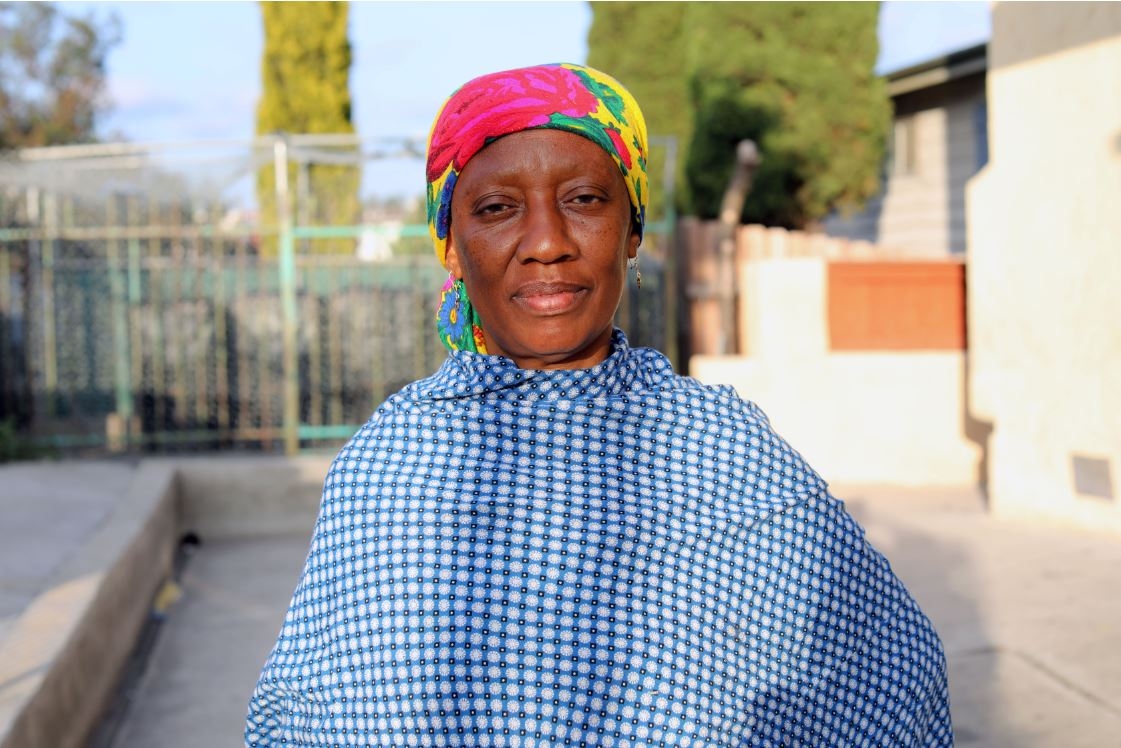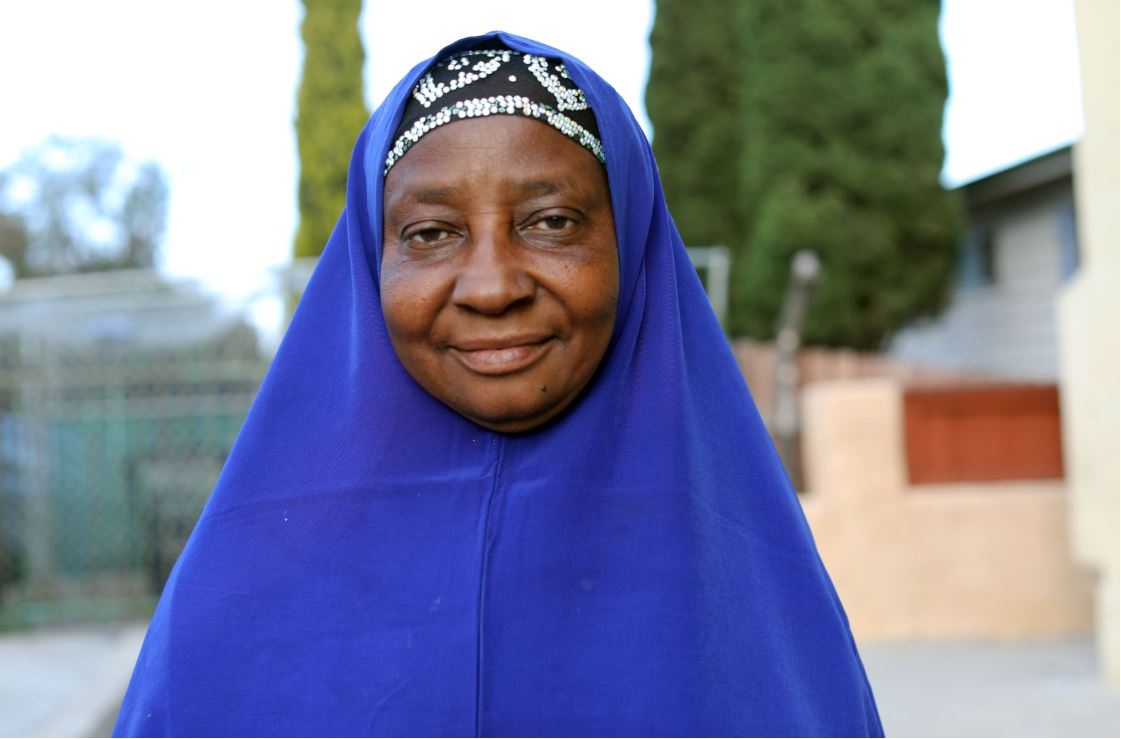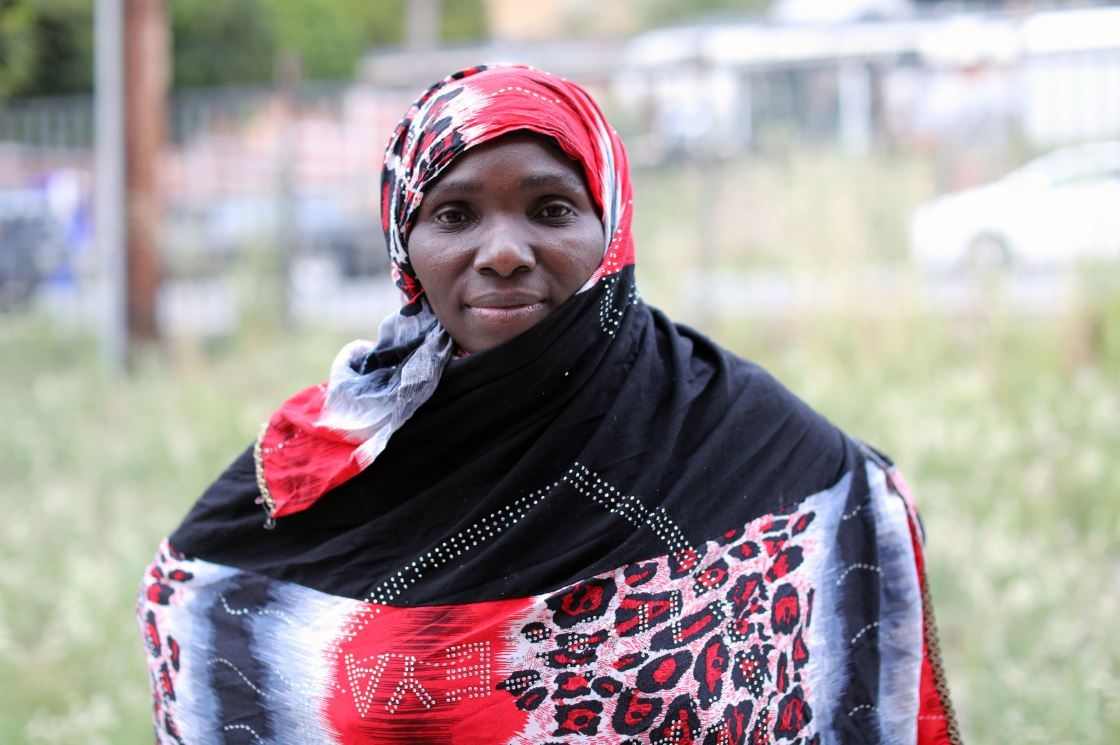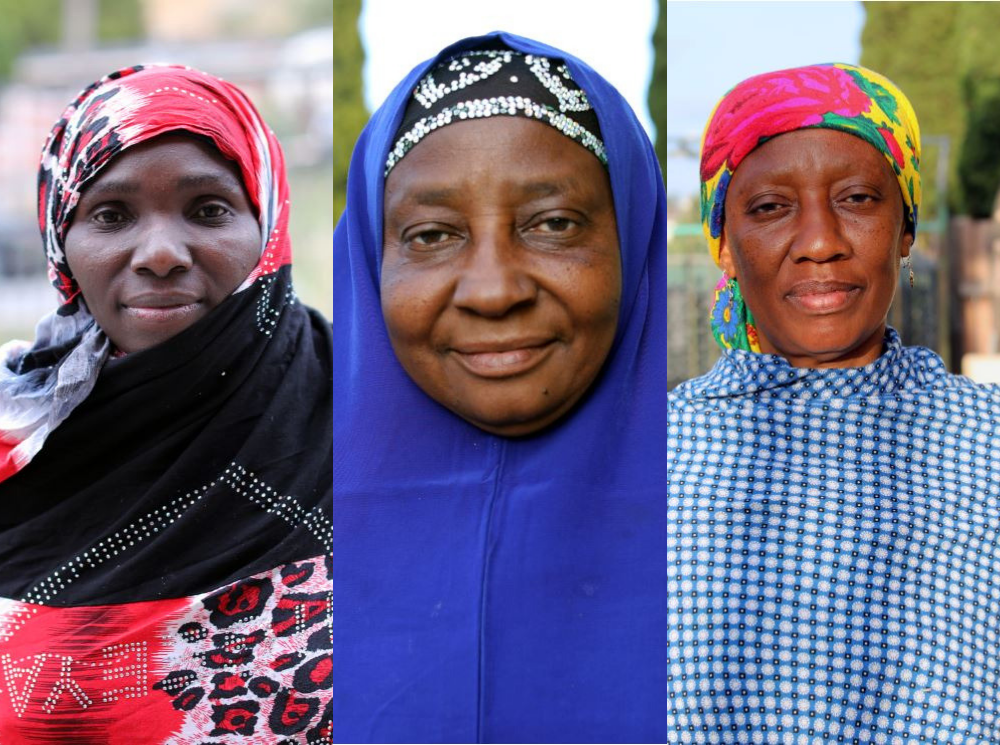Bantu refugees have endured continuous marginalization in Somalia since their arrival as slaves from Bantu-speaking tribes in the 19th century. Even though they lived in Somalia for almost two centuries, the Bantu were still viewed and treated as foreigners and outsiders.
The persecution of the Somali Bantu during the Civil War in the 1990’s forced thousands to seek resettlement as a form of protection. In 1999, they were classified as a “priority” for resettlement in the United States. Large populations of Somali Bantu resettled in the United States starting in early 2003, primarily from the Kakuma Refugee Camp in Kenya. From 2003 to 2007, over 13,000 Somali Bantu resettled in the United States. Of this number, high percentages resettled in Utah, Colorado, Texas and Arizona; while numbers in the hundreds and sometimes thousands, resettled in cities such as Minneapolis-St. Paul, Columbus, Ohio, Atlanta and San Diego.
The layered and dense history of the Somali Bantu has inevitably caused inter-generational trauma for children whose parents and grandparents had experienced persecution, war and resettlement. Those within the Somali Bantu community continue to face new challenges around health and well-being, while also trying to understand and process the impact of past traumas passed down by family members.

“We try to forget thoughts of the war in Somali and just leave it to God/Allah, we can’t do anything else about now, we sometimes compare notes and talk about our experiences of what happened and we just leave it there,” said Halima Kangame, City Heights resident and mother of 7 children, ages 6 to 30 years old, who resettled from Kakuma Refugee Camp, Kenya to San Diego in 2004.
“We just think of it as something that happened and past, if we talk about too much it all comes back so we just to avoid it, it brings too many mental issues and it affects our health.”
A stigma exists around mental health in the African community as a whole, which has prevented elders from acknowledging it as an issue, talking about it in their homes, and supporting youth in conversations about it.

“First, for us, we are from Africa, and talking about our problems doesn’t happen often, we just talk amongst ourselves, when someone has an issues and wants to talk, they tell their sibling or their relatives, if the relative will be able to help, they tell each other,” said Hajia Kangame, City Heights resident and mother of 6 children, ages 16 to 35 years old, resettled from Kakuma Refugee Camp, Kenya to San Diego in 2004.
Parents within the Somali Bantu community and other African communities are beginning to see a greater necessity for youth to have resources to support their mental health and well-being outside the home, as well as a willingness to have these conversations inside the home.

“The pressure from schools and society gets to (the youth) and they don’t tell us their problems,” said Nuria Abshiro, City Heights resident and mother of 12 children, ages 1 and 1/2 months to 21 years old, resettled from Kakuma Refugee Camp, Kenya to San Diego in 2004. “They just want us to read their minds and we want to know what’s going on in their lives. The stress becomes too much, they need an outlet.”

